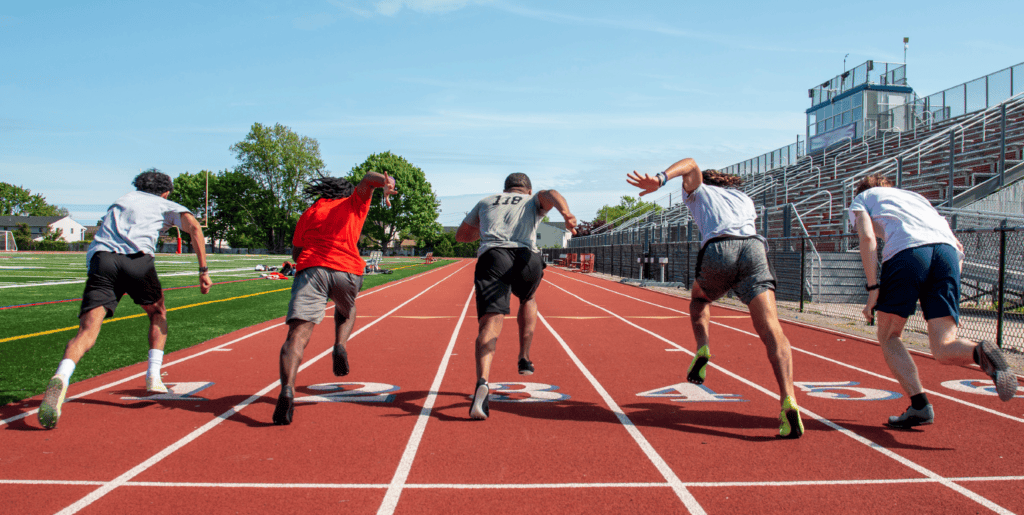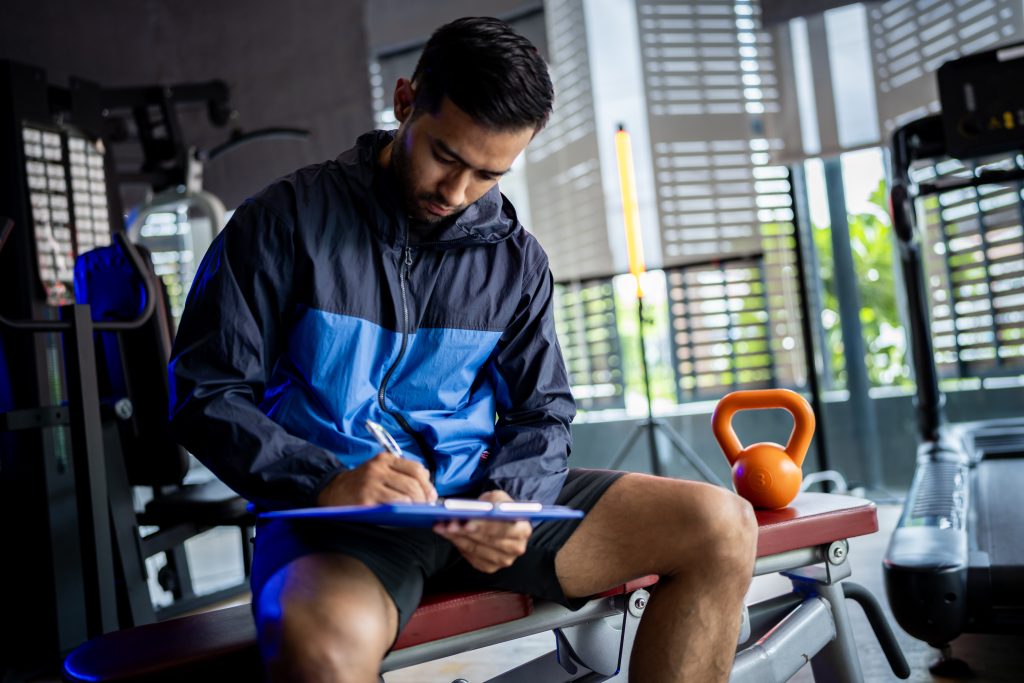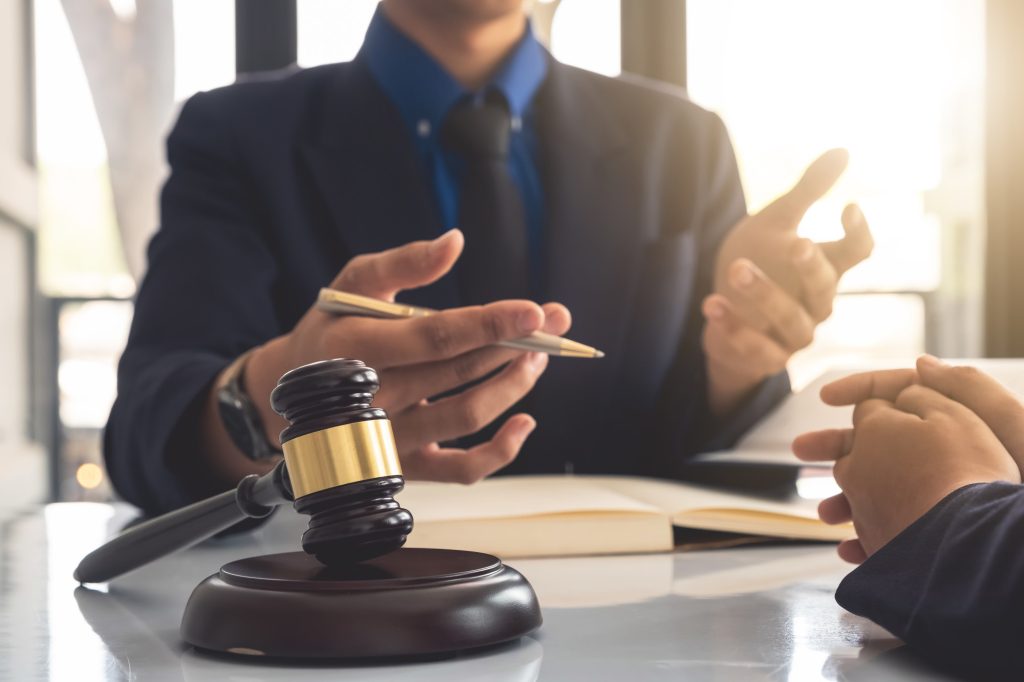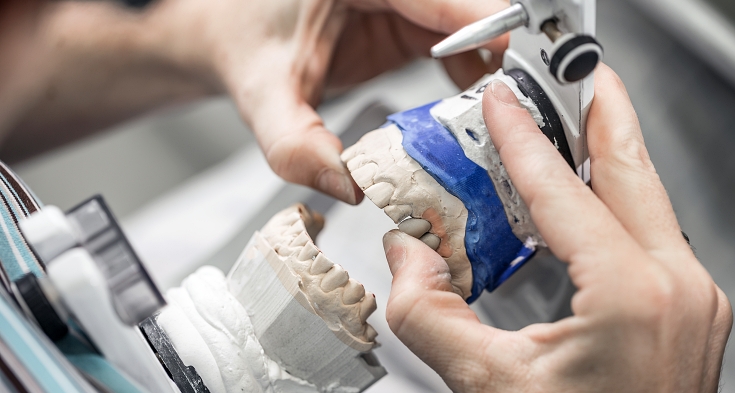
The world of college athletics has been forever changed by the rise of Name, Image, and Likeness (NIL) deals. What was once prohibited by the NCAA is now a booming industry, allowing student-athletes to monetize their brands while competing at the collegiate level. However, while NIL opportunities bring tremendous financial upside, they also introduce complex legal and compliance risks that can put your NCAA eligibility in serious jeopardy if you don’t handle them properly.
At Elevate Legal Services, PLLC, a Boca Raton law firm, we assist student-athletes, parents, agents, and universities across Florida in navigating NIL contracts while ensuring full NCAA compliance. The attorneys at Elevate Legal Services, PLLC, possess deep expertise in NIL law and administrative law, which provides our clients with a distinct advantage in protecting both their finances and athletic eligibility.
To schedule a confidential consultation, contact Elevate Legal Services, PLLC at 561-770-3335 or email [email protected]. Don’t risk your eligibility or financial future — work with attorneys who understand the fine print.
Understanding NCAA Eligibility in the NIL Era
The NCAA’s Interim NIL Policy, first introduced in July 2021, opened the floodgates for student-athletes to profit from their NIL. While athletes are finally able to earn money from endorsements, sponsorships, appearances, and even social media monetization, their participation must still comply with NCAA eligibility standards.
The key point: NIL deals cannot create an unfair recruiting advantage or constitute pay-for-play arrangements.
Failure to comply with NCAA regulations, even unintentionally, can result in:
- Loss of eligibility
- Suspension from competition
- Vacated wins
- Financial penalties
- Damage to long-term professional career prospects
That’s why every athlete signing NIL contracts must be aware of how their agreements intersect with NCAA rules.
8 Key NIL Contract Issues That Could Endanger NCAA Eligibility
Let’s break down some of the most common contractual problems we’ve seen derail eligibility for Florida college athletes:
1. Pay-For-Play Arrangements

This is the most serious NIL violation.
The NCAA strictly prohibits any NIL compensation that is directly tied to athletic performance or participation. In other words:
- You cannot receive NIL money as a reward for scoring touchdowns, pitching no-hitters, or breaking records.
- NIL deals must be for actual marketing services or endorsements unrelated to on-field or on-court performance.
Red Flag: Contracts that include bonus payments for performance metrics (e.g., $1,000 per touchdown score).
2. Improper Recruiting Inducements
Boosters, collectives, or schools cannot offer NIL deals as a condition for committing to a specific school.
- NIL deals must not be used to entice recruits.
- NIL contracts arranged before a student enrolls may be heavily scrutinized.
Red Flag: NIL deals negotiated while still in high school, contingent on committing to a certain school.
3. No Bona Fide Services Rendered
You must provide legitimate services for any NIL compensation received. The NCAA requires proof that you are:
- Promoting the sponsor
- Making appearances
- Posting content
- Endorsing products/services
Red Flag: Contracts that pay for “use of NIL” but require no actual deliverables.
4. Unregistered Agents or Improper Representation
The NCAA permits athletes to hire attorneys, agents, or advisors for NIL contracts but:
- The representatives must be properly registered under Florida law.
- Representation cannot cross over into professional contract negotiation unless the athlete declares professional competition.
Red Flag: Unlicensed agents or “middlemen” with no legal authority to negotiate.
5. Inconsistent State Law Compliance (Florida NIL Law)
In Florida, state law under Florida Statutes §1006.74 governs NIL activity. Florida requires:
- Athletes disclose NIL deals to their university.
- NIL contracts do not conflict with team contracts or university sponsorships.
- No university personnel arrange NIL deals directly.
Red Flag: NIL contracts not disclosed to your school or brokered by school officials.
6. Conflicts With School Contracts
If your NIL deals with existing school sponsorships, you may lose eligibility.
- For example, If your school has a Nike contract, you may not sign a conflicting shoe deal with Adidas.
Red Flag: NIL sponsorships that violate university endorsement agreements.
7. Tax and Financial Compliance Issues
Failure to properly manage NIL income could lead to IRS investigations and eligibility issues.
- NIL income is taxable.
- Improper financial arrangements could trigger concerns about improper benefits.
Red Flag: Undisclosed or under-the-table payments.
8. Noncompliant Collectives and Third Parties
Many NIL collectives operate in legally grey areas. Some may cross the line into recruiting violations.
Red Flag: Collectives offering guaranteed payments simply for attending a specific school.
How NIL Attorneys Protect NCAA Eligibility
The role of an NIL attorney is not just contract negotiation. At Elevate Legal Services, PLLC, we focus on compliance first, payment second — because NIL deals that violate eligibility rules are worthless if the athlete can’t compete.
Our services include:
Reviewing NIL contracts for NCAA and Florida state law compliance
Advising on agent selection and representation agreements
Ensuring full disclosure to athletic departments
Identifying hidden legal pitfalls (e.g., exclusive contracts, intellectual property issues)
Negotiating favorable contract terms without risking eligibility
Counseling parents and families on financial, tax, and compliance obligations
Case Studies: How NIL Compliance Mistakes Lead to Ineligibility
Case Study 1: The Hidden Recruiting Inducement
A top football recruit received a six-figure NIL deal contingent upon attending a particular university. The deal was arranged through an NIL collective operating behind the scenes of the recruiting process.
- Result: NCAA investigation found improper inducement. The athlete was declared ineligible.
Case Study 2: The Performance-Based Bonus
A basketball player signed an NIL deal with performance bonuses for points scored and team wins.
- Result: Contract violated NCAA pay-for-play prohibitions. Athletes served a multi-game suspension.
Case Study 3: The Undisclosed Agent
An athlete hired an “advisor” who was not a licensed attorney or certified agent under Florida law.
- Result: Improper representation led to NCAA eligibility concerns and contract cancellation.
Why Florida NIL Law Makes Compliance Even More Complex
While the NCAA issues national guidelines, Florida imposes additional requirements under its NIL statute:
- Mandatory disclosure to your school
- No school-arranged deals
- Written contracts with clear terms
- No NIL activity during official team activities
- Protection against conflict with team contracts
Even minor missteps can trigger both NCAA and Florida DOH or DBPR regulatory investigations, further complicating your eligibility and career.
Step-by-Step Guide: How to Stay NCAA-Compliant When Signing NIL Contracts
Step 1: Engage Legal Counsel Early
Before you sign any NIL contract, consult an experienced NIL attorney like Elevate Legal Services, PLLC.
Step 2: Fully Disclose Deals to Your School

Always submit NIL contracts to your compliance office for review and recordkeeping.
Step 3: Verify Your Agent or Representative’s Credentials
Ensure they are legally licensed to represent athletes under Florida law.
Step 4: Avoid Performance-Based Payment Terms
Do not accept deals that link payments to athletic performance.
Step 5: Confirm Services and Deliverables
Every NIL contract must include real, measurable services you will provide.
Step 6: Review Exclusivity and IP Rights
Don’t give away long-term ownership of your brand without a thorough legal review.
Step 7: Understand the Tax Implications
NIL income will be taxed accordingly to avoid IRS issues later.
Why Choose Elevate Legal Services, PLLC?
At Elevate Legal Services, PLLC, we offer more than contract negotiation — we offer full-spectrum protection for your athletic, financial, and professional future.
- Extensive experience in NIL contract compliance
- Full understanding of NCAA, Florida State, and school-specific NIL regulations
- Aggressive negotiation to maximize your NIL income while protecting eligibility
Proactive NCAA audit defense should you face an investigation
Final Thoughts: NIL Success Starts With Legal Protection
Your NIL opportunity is exciting — but dangerous if you don’t know what you’re signing. Too many student-athletes lose eligibility, face tax problems, or get trapped in unfair long-term contracts because they don’t have the right legal guidance.
Don’t let that happen to you.
Contact Elevate Legal Services, PLLC today at 561-770-3335 or email [email protected] to schedule your confidential NIL consultation. Protect your eligibility. Maximize your earning power. And secure your athletic future.





